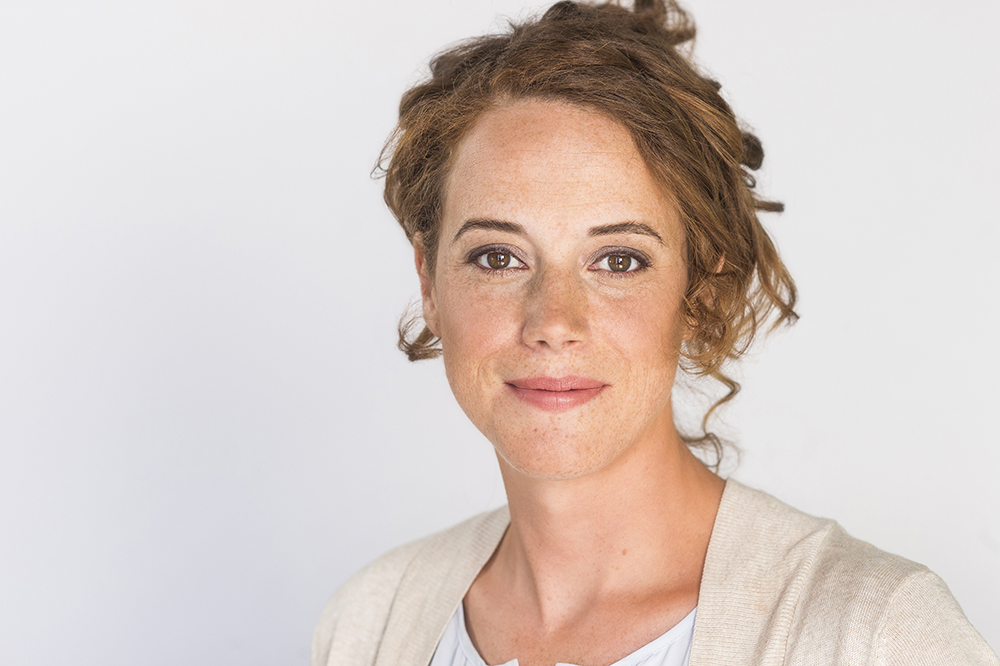 What distinguishes Professor Hanink's mentorship is her remarkable consistency and generosity with time. She maintains an unwavering presence throughout graduate students' academic journeys—from attending their presentations and social gatherings to participating in informal discussions, classroom activities, conferences, and providing extensive guidance during office hours.
What distinguishes Professor Hanink's mentorship is her remarkable consistency and generosity with time. She maintains an unwavering presence throughout graduate students' academic journeys—from attending their presentations and social gatherings to participating in informal discussions, classroom activities, conferences, and providing extensive guidance during office hours.
Professional Development Integrated into Teaching
Hanink's approach to mentorship extends beyond traditional academic guidance, incorporating professional development directly into her graduate curriculum. Her innovative approach transforms seminar paper assignments into practical opportunities for students to develop skills in writing for academic conferences and peer-reviewed journals.
Itamar Levin, a doctoral candidate in ancient history, emphasizes the impact of her mentorship, “Professor Hanink has been an extraordinary mentor, combining incisive scholarly guidance with genuine care for her students’ success. Her rigorous yet supportive feedback, delivered with unfailing encouragement, has been pivotal in refining my research and helping me envision my future as a scholar.”
In her ancient Greek prose composition course and graduate seminars, Hanink organizes a series of individual meetings with students to review their writing in detail as well as discuss the course more generally. She consistently requests graduate student feedback and adjusts courses to allow for the best possible learning experience.
Department-Wide Recognition
Hanink regularly serves on dissertation committees and is tireless in her support of like-minded young scholars at other institutions, who often seek her advice on, and support for, their work, shares nominator Joseph Pucci, professor and chair of the Classics department.
Pucci further highlights the distinctive quality of her mentorship, “students often remark on Professor Hanink’s creativity, her comparative approaches, her control of disparate materials, and her ability to draw students into her work in powerful ways. This is a visceral, unique, and powerful way to support graduate students, to grow our field, and to teach our students through example.”
Extending Mentorship Through Public Scholarship
Hanink's influence extends beyond traditional academic settings through her public-facing scholarly work. She hosts a podcast, Lesche, which showcases professional and intellectual best practices through interviews with leading figures in her field and beyond. The podcast serves as an additional mentorship platform, demonstrating effective scholarly discourse and highlighting critical issues in classical studies.
Hanink also participates in the Program in Early Culture academic writing workshop. The workshop features discussions of different approaches to the writing process, followed by open question-and-answer sessions. This practical guidance has significantly impacted students' approaches to academic writing, even at the seminar paper level.
In reflection upon winning the award, Hanink shares, “I know how busy my students are and it means a great deal to me that they took the time to nominate me for this award. I learn as much from them as they do from me, if not more.”
Faculty members Paul Testa, Johanna Hanink, Stephanie Jones and Anubhav Tripathi receive the Graduate School’s Faculty Award for Advising & Mentoring at the University Awards Ceremony on April 30, 2025.